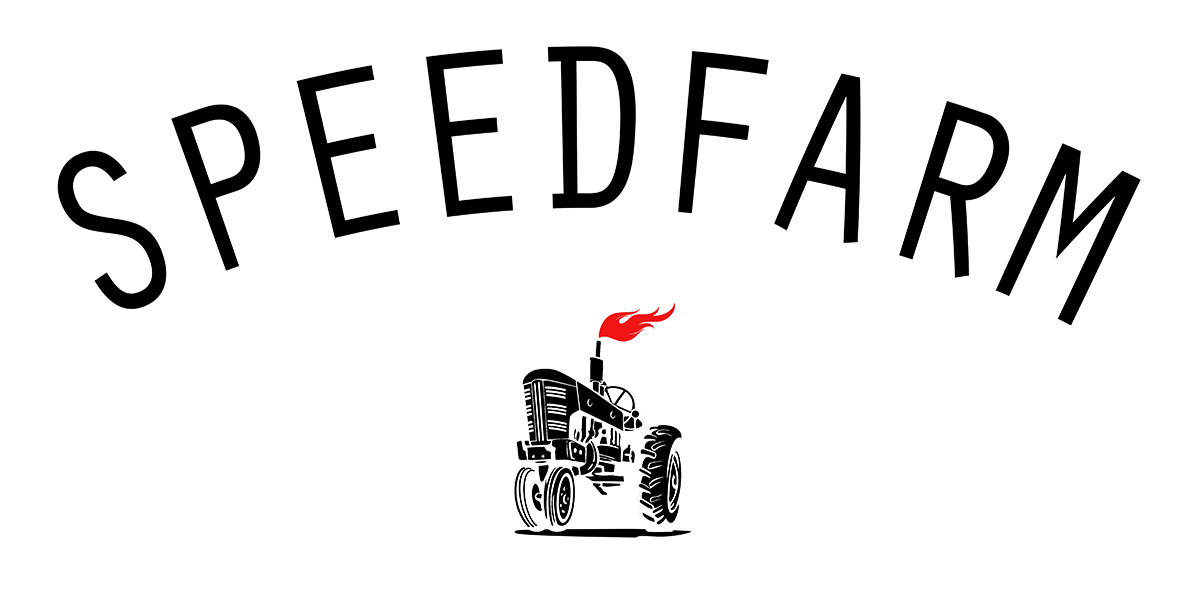For every workout (and most races) during the season there is an ideal target effort level that balances the stress of the workload with an athlete’s ability to recover and benefit from the work. The fastest progress to peak fitness comes from knowing what that target is for each workout and exercising the focus and ego control required to stick to your plan.
Finishing a run workout on the track, for example, and thinking, “Sure, I could run a couple more reps like that” means you’re pretty close to that sweet spot of maximum fitness gains with little risk. You’ll have done enough work to force adaptations but not so much to increase your chance of injury, hormonal disruption, mental fatigue or reduced training consistency.
You should know the target effort level for each and every workout, why that effort level is appropriate and how that effort and workout fit into your overall season plan. If you have a coach ask them to explain things if this is unclear. If you’re self-coached create a coherent and reasonable plan, write down your targets and hold yourself accountable to hitting them.
These paces, power levels and heart rate targets for workouts should be based on realistic assessments of your current fitness. It’s easy to be tempted into thinking that running “fantasy 10k pace” during workouts rather than the prescribed “current 10k pace” is somehow better. It’s not. You’ll end up increasing the risks already mentioned as well a changing the targeted physiological stresses of the workout.
Even with best intentions it’s easy to be drawn into chasing other runners in your group, or random cyclists on the road, thinking you’ll gain extra fitness by digging really deep. You won’t. Use these opportunities instead to work on your mental strength, your pace regulation and your ego control.
A recent scroll through the Strava feed dug up a perfect example of how this often goes wrong. A local runner who trains with another group posted a workout of 20 x 400m at 10k pace (it was shared publicly, so I’ll share it here). For this 36 min 10k runner the target pace for the workout should have been 88 seconds per lap, to result in 8k of running at 10k pace with 20 min of total rest. This would have been a totally reasonable workout.
What happened, of course, was a different story. Rather than holding firm to the target of 88 seconds per lap, this runner misguidedly aimed for “dream pace” and planned to start at 84. Which became 80 on the first rep due to poor pace awareness and lack of self control. At which point, the high-testosterone dynamics of the group took over and 80 became 78, then 77 secs per lap. By the end of this “workout-race” this athlete was running at 30min 10k pace (the same pace Kenenisa Bekele runs for this workout!).
Unsurprisingly, the race that this was intended to be a tune-up for went poorly for this runner who felt flat, missed their goal and was unable to raise their effort when it counted on race day. Also unsurprising was the fact that the runner was experiencing Achilles pain two weeks later.
If you see yourself in this example you’ve identified one area to immediately improve your training and racing this season. Know your ideal paces for each workout and write them on your hand or set a watch alarm to help you stick to them. Remind yourself in a quiet moment before each workout that succeeding at a workout means executing it correctly and that there are no bonus points (or bonus fitness) for running or riding too fast.
The best athletes save their maximal efforts for the critical moments during their key races and work to develop the mental strength to exercise their self-control in all other circumstances. As a result, they are less injury-prone, more consistent, progress their fitness more reliably and perform their best when it counts.
The athletes who forget that “maximal is not optimal” and instead turn every workout into a race to prove themselves will never achieve their true potential.
Keep the beast in the cage until race day, then make everyone wonder where all your newfound speed came from.
